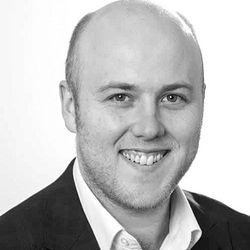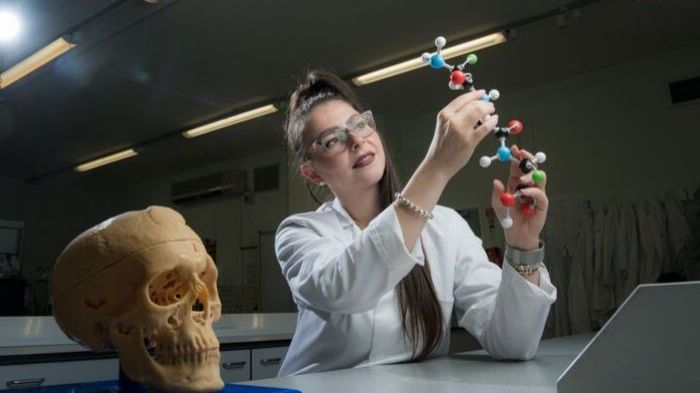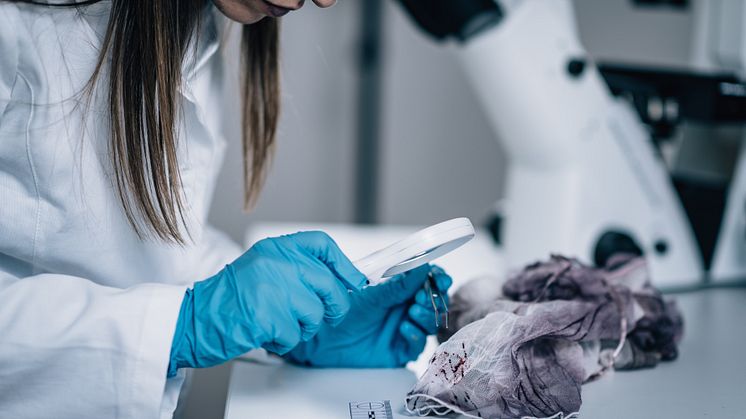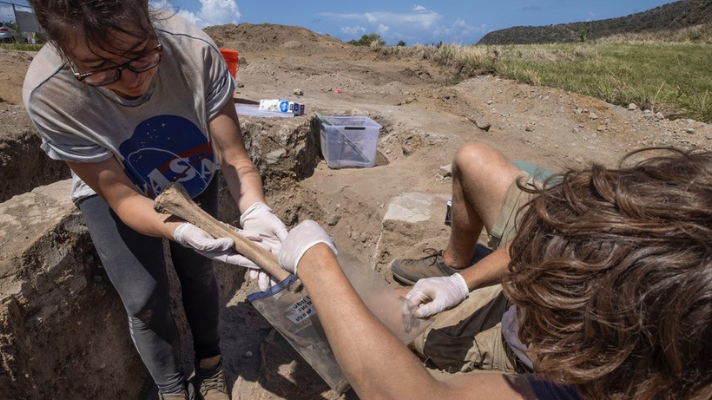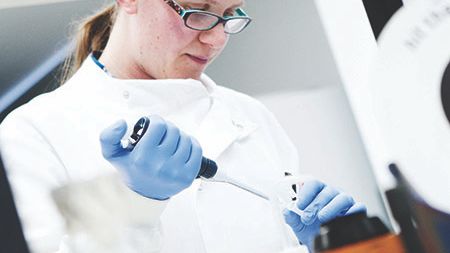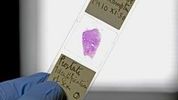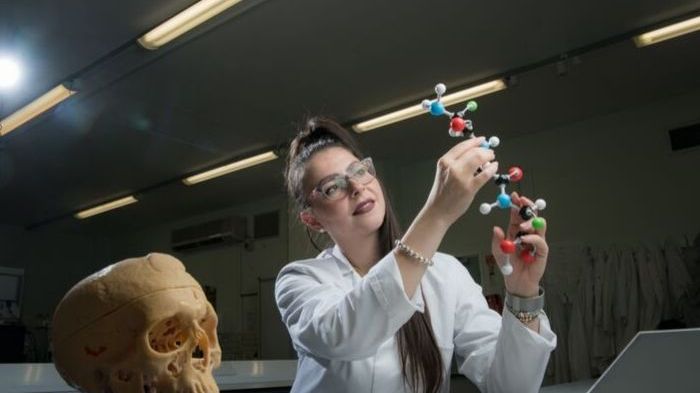
Press release -
Northumbria academic receives £1.2 million to deliver world-class forensic research
A Lecturer in Forensic Science at Northumbria University, Newcastle, has been awarded more than £1 million to develop a world-leading new technique that will unveil details to help solve investigations relating to unidentified bodies.
Dr Noemi Procopio of Northumbria’s department of Applied Sciences is one of the second wave of researchers to be awarded the UK Research and Innovation (UKRI) Future Leaders Fellowship.
One of UKRI’s flagship schemes, the Future Leaders Fellowships is a £900 million government investment fund that is helping to establish the careers of world-leading researchers and innovators across UK academia and business.
The initiative provides Fellows with the support, flexibility and time they require to work on ambitious programmes of research.
For Dr Procopio, the award of £1.2 million, of which £930k is funded by UKRI, will enable her to benefit from outstanding support to develop her career and to tackle challenging research in the field of forensic science.
At present it is estimated that 1,500 unidentified bodies are present in the UK and 40,000 in the USA, and it is thought that these numbers could represent just the tip of the iceberg.
Dr Procopio’s research utilises some of the most cutting-edge technologies available to address two vital questions that a forensic scientist is asked to solve a crime or to assist in the identification of unknown victims: the time elapsed from his or her death, which is known as the post-mortem interval of the victim and the age at death of the victim.
Although several different approaches can currently be used to answer these questions, they have been criticised for their lack of objectivity, quantifiability and accuracy. This is largely due to the fact that the approaches are mostly based on the morphological examination of the skeletal remains and on the expertise of the forensic anthropologist who performs the analysis.
Additionally, most of the techniques presently used to estimate the post-mortem interval rely on evaluations that have to be performed on soft tissues, therefore shortly after death. Techniques aimed at determining the age at death often also rely on the completeness of the skeleton, which becomes challenging in situations such as cold cases victims, natural disasters, war victims, terroristic attacks, human trafficking victims, and also for archaeological excavations.
To overcome these challenges, Dr Procopio will use pioneering technology known as ‘omics’ which enables the extraction of biological information including DNA, proteins and metabolites from very small amounts of materials, such as a tiny fragment of bone.
She will then perform analyses on these biomolecules to deduce quantifiable features – also known as biomarkers - associated with both the post-mortem interval and the victims’ age at death.
The work will be conducted in collaboration with two Forensic Anthropology Centres in Texas and Tennessee, which will provide the samples of human skeletal remains required to carry out the research.
All the recovered information will then be combined together with advanced bioinformatics tools, known as machine learning algorithms, to develop a mathematical model that will estimate the time elapsed since death and also the age of the victim at the time of death.
The ultimate goal is to use the newly found biomarkers to develop a new piece of commercial kit that could be used by forensic examiners, police officers or researchers to make these estimations in an easy, quick, un-biased and reliable way.
The kit will also allow "non-omics" experts to obtain fundamental investigative clues that will help to improve solving crimes involving the presence of skeletonised or highly fragmented remains.
Dr Procopio hopes that this research will have a strong national and international impact, and that its results may benefit the overall community, reduce the costs of the criminal investigations and ultimately promote faith in the justice system.
Dr Procopio said: “I am thrilled to be finally able to share this fantastic news with everyone. It is a great honour and pleasure to have become a Future Leader Fellow, it is like a dream come true! UKRI Future Leader Fellows are an eclectic group of high-calibre and talented researchers and innovators from all over the UK, and I am extremely proud to be part of it – now I cannot wait to start to work on my project and to start to build my own team at Northumbria University. This is an amazing opportunity not only for my professional growth, but also for the world of forensic science and for the whole society.”
Science Minister Chris Skidmore said:
“Delivering on our research and innovation ambitions means putting people first, whether they are just starting out in their career or are leading major projects in academia or industry.
“These inspirational Future Leaders Fellows will generate the ideas of the future, helping to shape science and research for the 21st century. But to realise the full potential of these discoveries, their ideas need to be taken out of the lab and turned into real products and services, where they can actually change people’s lives for the better.”
UK Research and Innovation Chief Executive, Professor Sir Mark Walport, said:
“The Future Leaders Fellowships will enable the most promising researchers and innovators to become leaders in their fields, working on subjects as diverse as climate change, dementia and quantum computing.
“UKRI is committed to creating modern research and innovation careers and our Future Leaders Fellowships aim to support and retain the most talented people, including those with flexible career paths.”
Fascinated by forensic science and its impact on crime-solving? Find out about our Forensic Science courses here.
Topics
Northumbria is a research-rich, business-focused, professional university with a global reputation for academic excellence. To find out more about our courses go to www.northumbria.ac.uk
If you have a media enquiry please contact our Media and Communications team at media.communications@northumbria.ac.uk or call 0191 227 4604.




